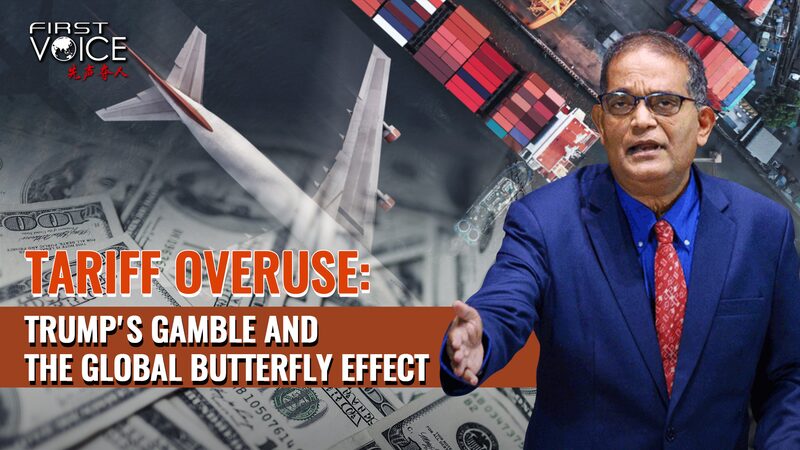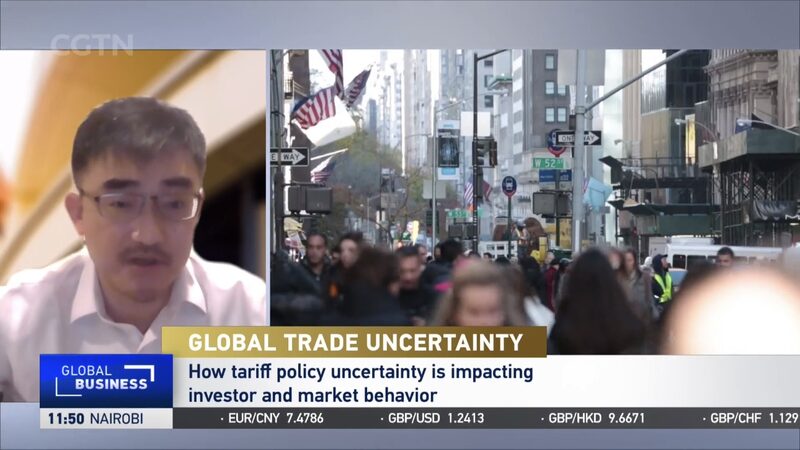The United States has reintroduced tariffs on Canada, Mexico, and the Chinese mainland, signaling a strategic move in its trade policy. While these tariffs aim to reduce the US trade deficit and boost fiscal revenue, they also serve as leverage in ongoing negotiations with these nations.
Economists argue that tariffs can offer short-term benefits by protecting domestic industries and generating government revenue. However, the long-term implications may be detrimental, as increased tensions in the global market can disrupt international supply chains and economic partnerships.
Trade wars, characterized by reciprocal tariff impositions, often lead to higher costs for consumers and businesses alike. The uncertainty created by such measures can deter investment and impede economic growth across multiple regions.
Experts emphasize that sustainable economic strategies should focus on collaboration and fair trade practices rather than punitive measures. By fostering cooperative relationships, countries can ensure more stable and prosperous global markets.
Reference(s):
cgtn.com




